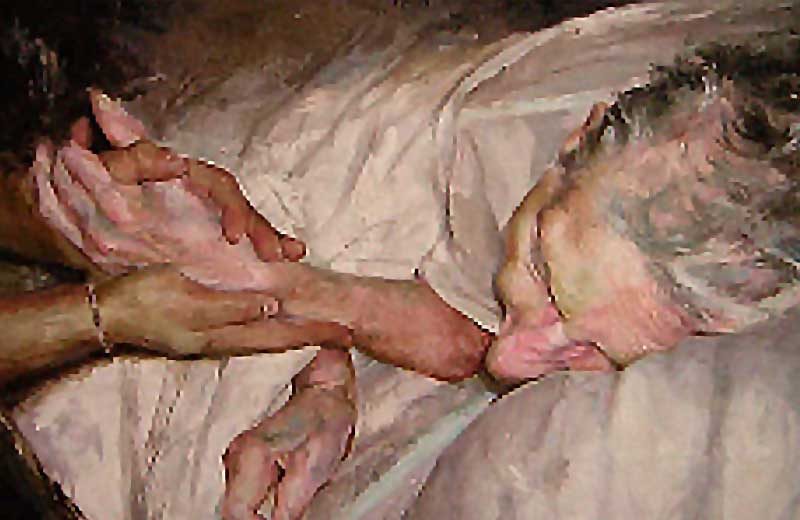At the beginning of this century, mental health specialists in various countries predicted that, by 2020, depression would be the second cause of disability in the population. This prediction was fulfilled and exceeded as it was one of the consequences of the recent pandemic. In total, every 40 seconds, a person takes their own life somewhere in the world.
Hospices For The End Of Life
Nowadays there is an increasingly widespread culture of acceptance of death when it comes to terminal patients whose conditions can no longer be treated with advances in medical science. In those moments, many people affirm that they want to spend their last days assisted in their physical needs, enjoy the company of their loved ones, order pending issues, and surround themselves with a spiritual environment outside the hospitals where they are treated.
Be happy, Today and Always
In 2013, the Assembly of the United Nations, UN, established the International Day of Happiness, to be celebrated on March 20; a call to all the people and institutions of the world, to recognize happiness as an inalienable right.
The empty chair, the absent and the present
Gestalt psychotherapy, according to its scholars, offers the technique called the empty chair for the purpose of healing conflicting emotions or unfinished business that could not be resolved with certain people and is very useful when it comes to absent loved ones. The exercise in therapy consists of sitting in front of an empty chair and imagining that the person with whom we have issues to resolve is sitting there and it is about talking as if they were listening. Many people have given testimonies of a liberating experience by expressing oppressed feelings and emotions to those who for various reasons could not say them in their real presence.
Empathy, warmth, and respect for our loved ones
In the times we live where the fear of death becomes real, we are faced with the uncertainty of finding ourselves ill and losing loved ones suddenly. We face the sadness of receiving an urn of ashes and of not having practiced a funeral, a ceremony, a farewell; there remains the impotence of not having done anything and of not understanding what we have been through.





